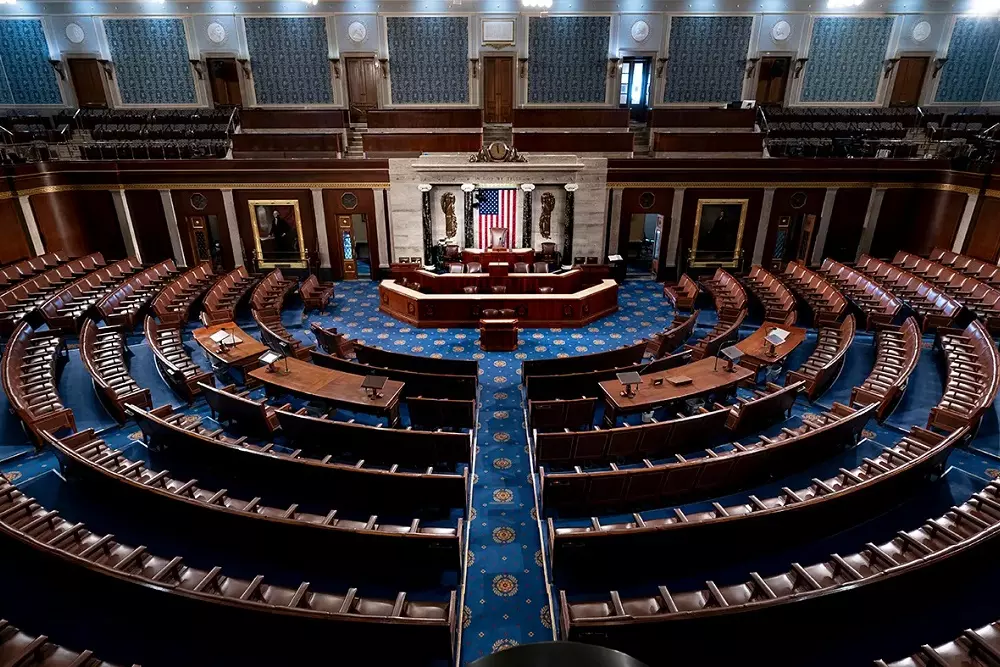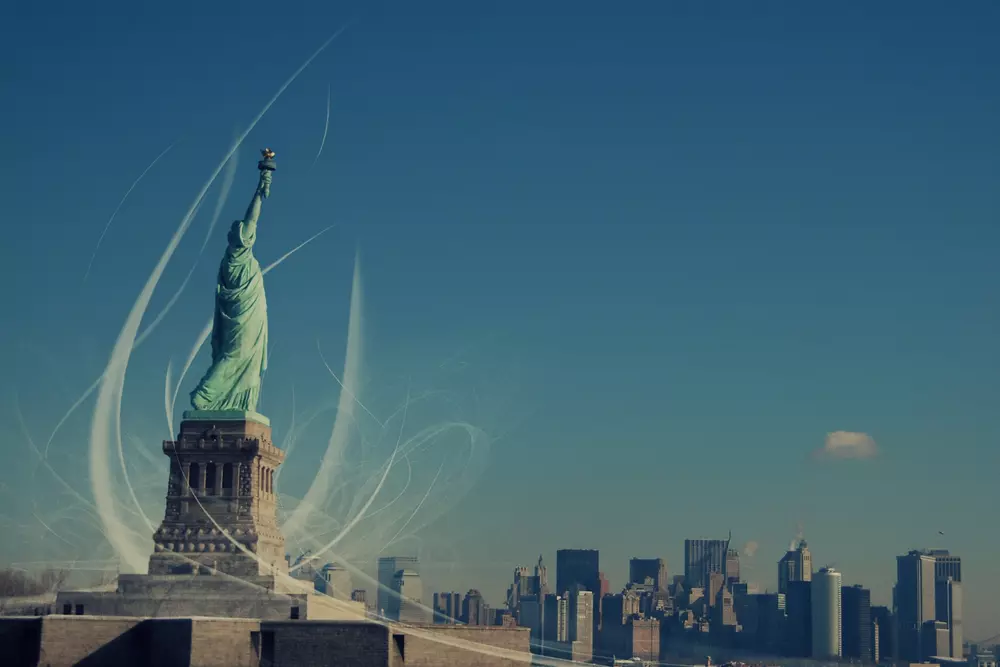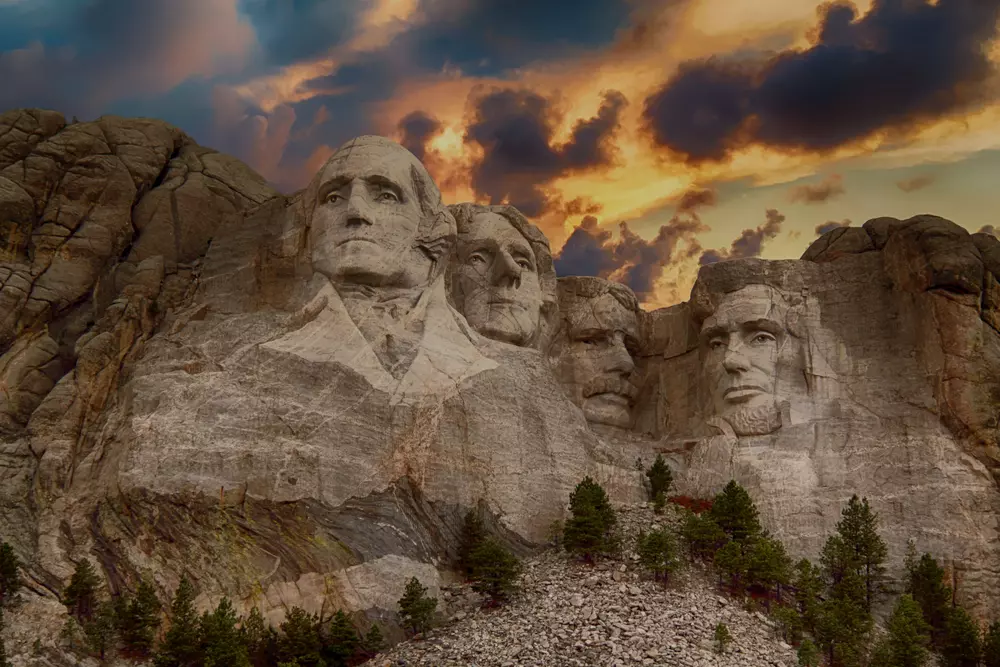Historians generally agree that only a handful of those who held the office of President of the United States can be considered truly influential. These leaders guided the country through internal crises and international conflicts, leaving a lasting legacy in history.
Read the article to find out which former presidents are admired — and which ones are less popular — in the eyes of the American public.
The Most Beloved President in America
George Washington
George Washington was the first President of the United States of America. Born on February 22, 1732, he served as Commander-in-Chief of the Continental Army during the American War of Independence. Washington was one of the Founding Fathers of the USA and was unanimously elected president by 69 electors in 1788.
During his two terms in office, Washington established many traditions that are still observed today. Deeply concerned that the presidency should not resemble monarchy, he insisted on being addressed as "President" rather than "Your Excellency".
Under Washington’s leadership, the federal budget system was established, diplomatic relations with former enemy Great Britain were normalized, and the foundation for the future capital was laid — named in his honor. Fun fact: George Washington was also one of the tallest presidents in U.S. history.
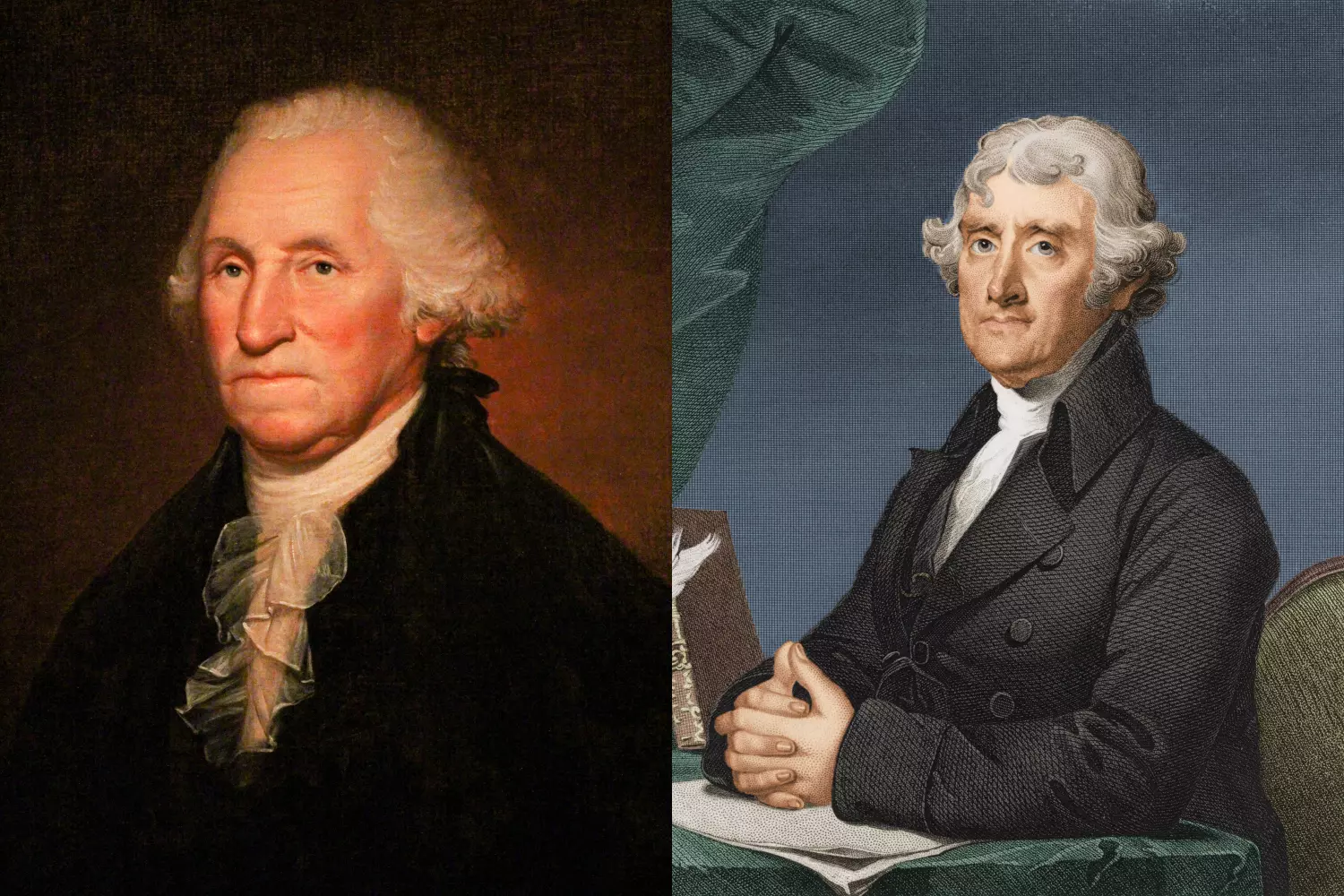
Presidents Who Changed the Course of History
Thomas Jefferson
Thomas Jefferson was an American Founding Father and the principal author of the Declaration of Independence. Born on April 13, 1743, he became the third President of the United States and the country’s first Secretary of State.
As president, he oversaw the Louisiana Purchase, which doubled the size of the nation and laid the foundation for westward expansion. During his presidency, the United States also engaged in its first foreign war — the First Barbary War in the Mediterranean — and briefly invaded what is now Libya. During his second term, Jefferson’s Vice President, Aaron Burr, was put on trial for treason.
Beyond politics, Jefferson had deep interests in science, architecture, religion, and philosophy. He was a true polymath and spoke five foreign languages fluently. Historians regard him as one of the greatest U.S. presidents of all time. Jefferson died on July 4, 1826.
Abraham Lincoln
Abraham Lincoln was the 16th President of the United States and arguably the most well-known of all. Born on February 12, 1809, Lincoln led the country through its greatest moral and military crisis — the American Civil War. He played a key role in major reforms such as the abolition of slavery, the modernization of the economy, and the strengthening of the federal government.
Born into a poor family, Lincoln was largely self-educated. In the 1840s, he served as a member of the U.S. House of Representatives. Scholars, historians, and the general public widely consider him the greatest U.S. president of all time.
Lincoln did not live to see the nation fully reunified. He was assassinated by John Wilkes Booth in Washington, D.C., just weeks before the official end of the Civil War. He served as president until the day of his death, April 15, 1865.
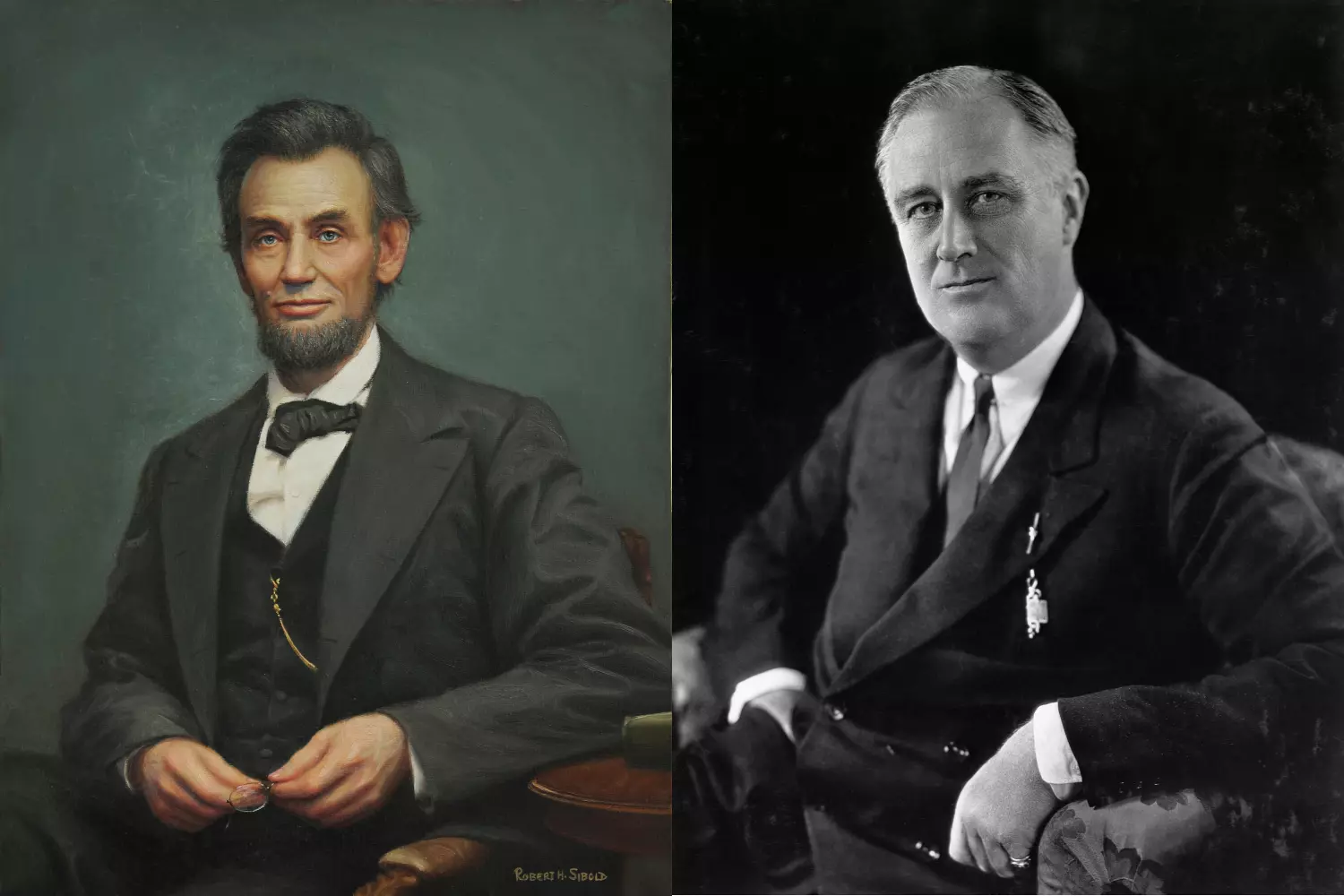
Leader in an era of crisis and war
Franklin D. Roosevelt
Franklin Delano Roosevelt was the 32nd President of the United States. He led the nation during World War II and served from 1933 to 1945. Roosevelt is remembered as the president who guided the country through the Great Depression and stood up to Nazi Germany and Imperial Japan. When he took office, the U.S. economy was in ruins — the result of poor management under President Hoover during the early years of the crisis.
Federal programs introduced during Roosevelt’s presidency — such as Social Security — still exist today, providing basic financial support to the nation’s most vulnerable citizens.
As a result of World War II, the United States emerged as a global superpower — a status it retains to this day. Roosevelt was a central figure of the 20th century, leading the nation through both economic turmoil and global conflict.
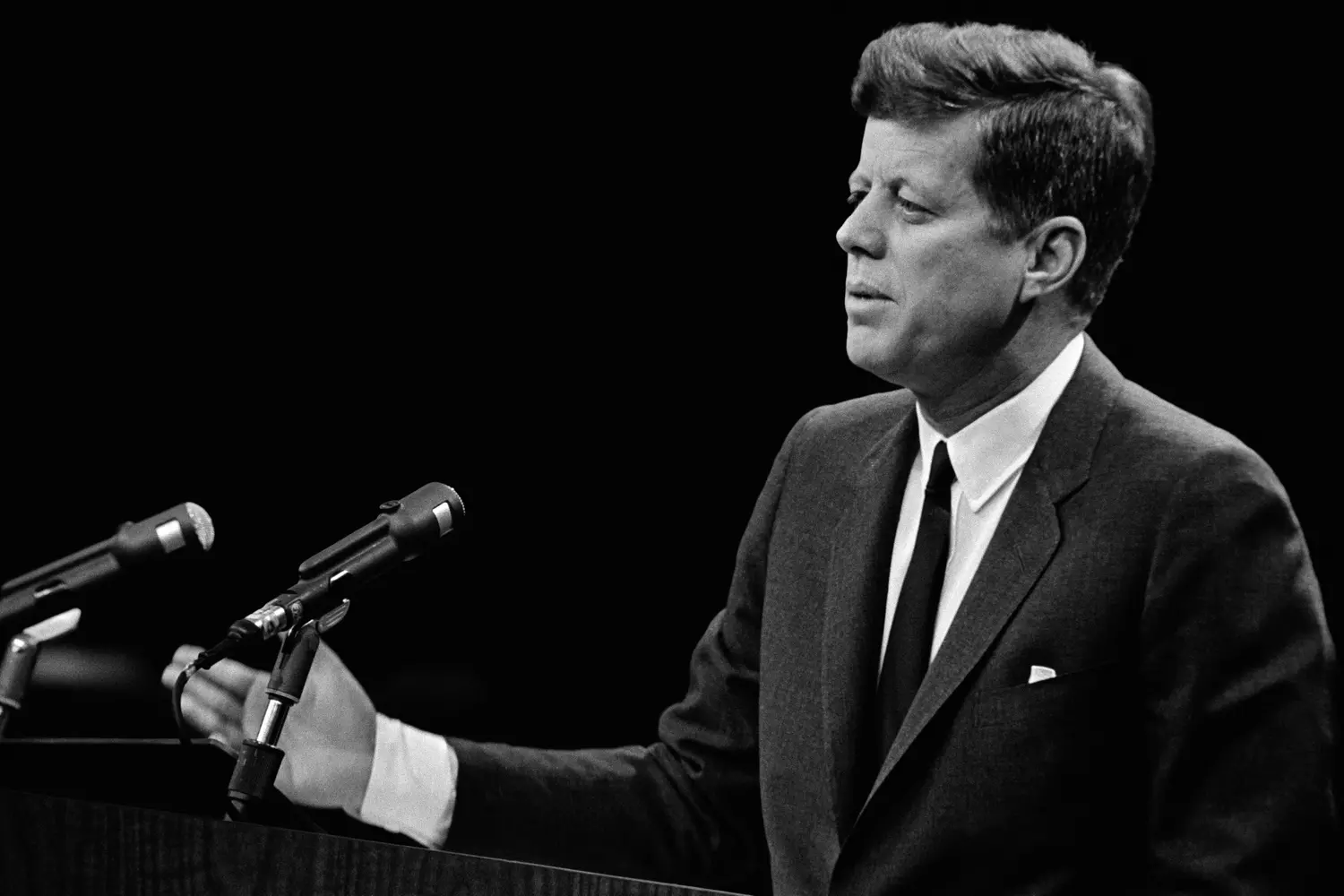
The President Who Launched the Space Race
John F. Kennedy
John Fitzgerald Kennedy, born on May 29, 1917, was the 35th President of the United States, serving from 1961 until his assassination in 1963. Early in his life, Kennedy served as a commander of a motor torpedo boat during World War II in the South Pacific. After the death of his older brother and with strong support from his father, he entered politics.
Though Kennedy served less than three years as president before he was tragically assassinated, most Americans fondly remember him as the leader who inspired the nation to aim for the Moon. Read more about the U.S. space race.
Historians also note Kennedy's support for reducing both personal and corporate income taxes, advocating for a broader policy of economic growth. He believed that lower tax rates would paradoxically increase tax revenues by boosting overall economic activity.
“No man is good enough to be President who is not willing to be president for the people, not above them.”Abraham Lincoln
The youngest president and the father of the Progressive Era
Theodore Roosevelt
Theodore Roosevelt became the 26th President of the United States in 1901 following the assassination of President William McKinley. At just 42 years old, he remains the youngest person to ever hold the office. Born on October 27, 1858, in New York, Roosevelt had previously served as the governor of New York and vice president. He also gained national fame as a war hero during the Spanish-American War, where he led the volunteer unit known as the “Rough Riders.”
“Do what you can, with what you have, where you are” — one of Theodore Roosevelt’s most famous quotes.
He went down in history as a reformer, environmentalist, and one of the most charismatic presidents in U.S. history. His policy agenda, known as the “Square Deal,” aimed to protect the common people from the power of big corporations and monopolies.
Key achievements:
- Creation of the national park system — Roosevelt established over 150 conservation sites, including 5 national parks and 18 national monuments;
- Strengthening America’s global presence — Roosevelt championed U.S. involvement in global affairs, supported the construction of the Panama Canal, and asserted U.S. dominance in the Western Hemisphere;
- Nobel Peace Prize — in 1906, he became the first American to receive the award for mediating the end of the Russo-Japanese War;
- Social reforms — he pushed for labor protections, consumer rights, and the first regulations of the food industry.
Roosevelt left the White House in 1909 but remained active in politics, even running again for president in 1912 as the head of the newly formed Progressive Party. He passed away on January 6, 1919, leaving behind a powerful legacy and the image of a bold leader driven by intellect, courage, and a passion for change.
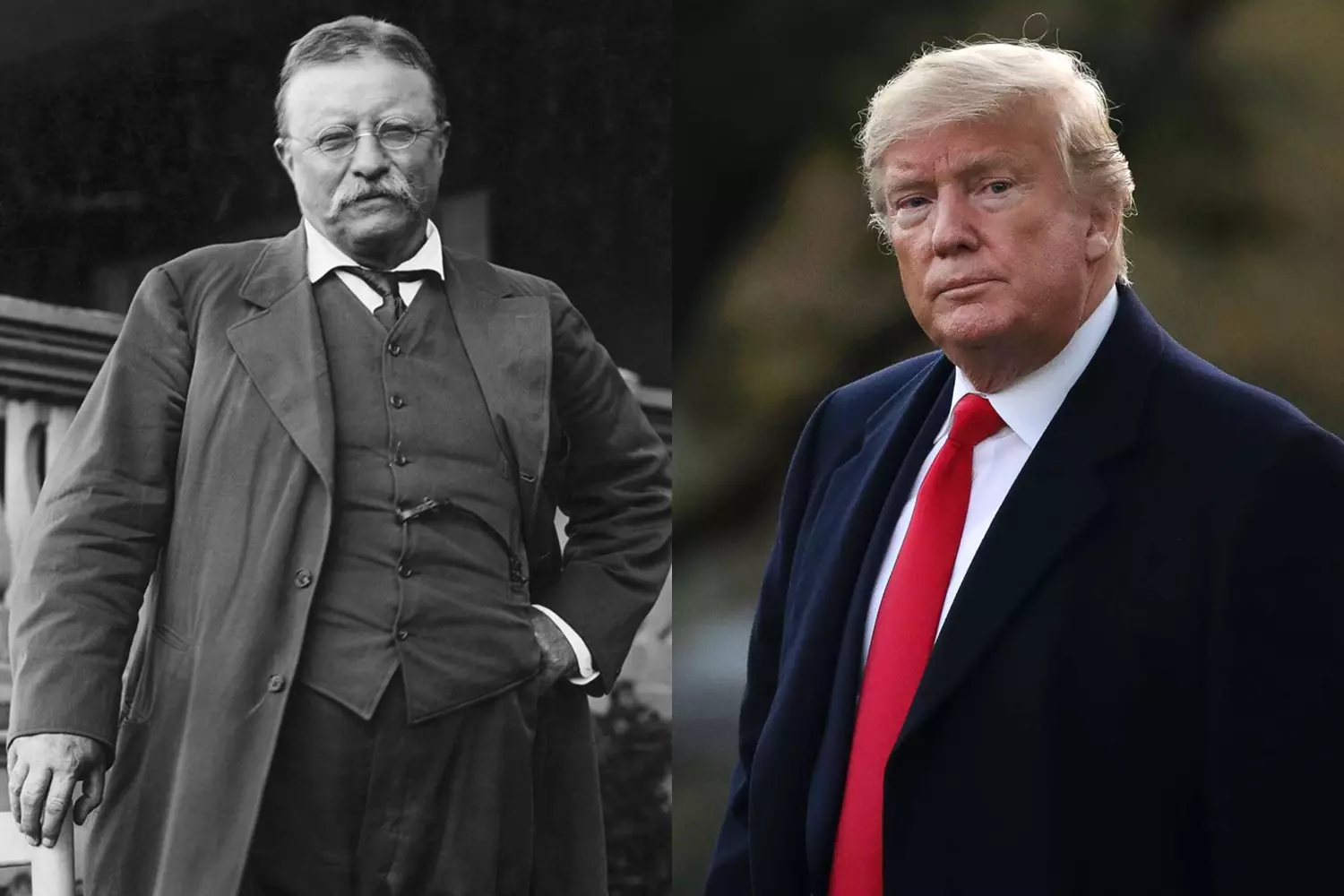
The President Who Divided America
Donald Trump
Donald John Trump was the 45th President of the United States — and perhaps one of the most controversial leaders of the modern era. He took office in January 2017 after winning the election despite having no prior political experience. Before his presidency, Trump was widely known as a billionaire businessman and television personality.
During his presidency, he championed the "America First" policy, enacted major tax cuts, tightened immigration laws, and renegotiated international agreements. His leadership style was bold, highly media-driven — particularly through Twitter — and often confrontational.
"Like it or not, Donald Trump permanently changed what Americans expect from their president," say political analysts.
Trump’s foreign policy included historic talks with North Korea, withdrawal from the Paris Climate Agreement, and a hardline stance on China. Domestically, his term was marked by mass protests, two impeachments, and intense national division. Yet, millions continued to support him for his bluntness and rejection of the political establishment.
After leaving office in January 2021, Donald Trump remained a dominant force in American politics — with potential prospects for a return to the White House in the future.
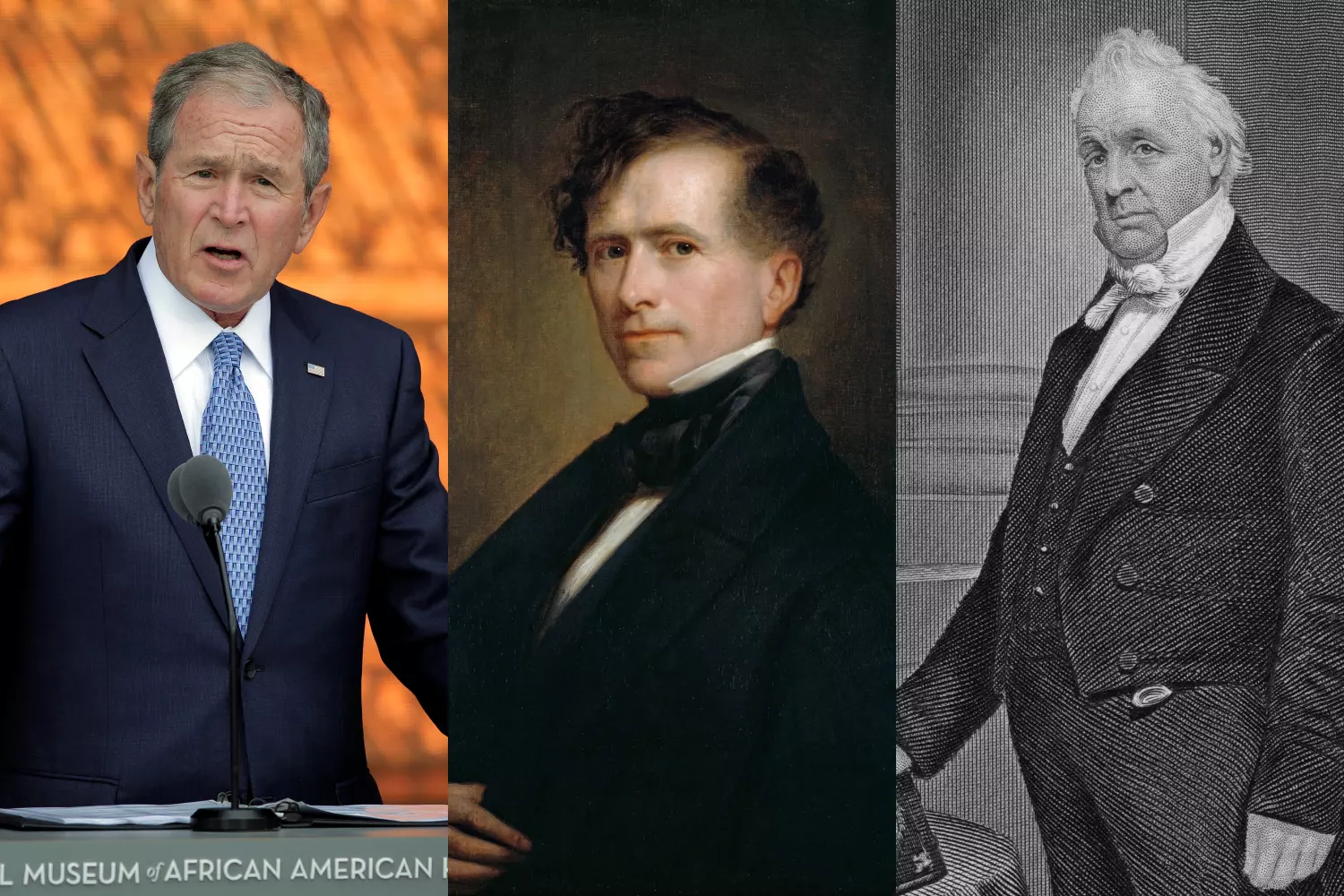
Worst American Presidents
The American Butler team has also prepared a list of the most unsuccessful U.S. presidents — those whose decisions are often criticized by historians and citizens alike.
- 01. George W. Bush
Best known for being in office during the September 11, 2001 attacks, the early stages of the Great Recession, the wars in Iraq and Afghanistan, and Hurricane Katrina — all crises that many believe he failed to handle effectively. - 02. Franklin Pierce
Remembered for policies that accelerated the onset of the Civil War. His presidency is widely regarded as weak and divisive during one of the most critical periods in American history. - 03. Warren G. Harding
Infamous for multiple scandals involving his administration — many of which stemmed from corrupt and incompetent allies he appointed to high positions, including the notorious Teapot Dome scandal. - 04. James Buchanan
A Northerner with strong Southern sympathies, Buchanan failed to prevent the secession of Southern states. He angered both sides and is often blamed for the country's slide into Civil War. Notably, he remains the only lifelong bachelor among U.S. presidents. - 05. Andrew Johnson
Impeached for unlawfully dismissing his Secretary of War, his presidency was plagued by conflict and ineffective leadership during the crucial Reconstruction period after the Civil War. - 06. Joe Biden
While it's too early for a definitive historical judgment, critics already point to record inflation, rising fuel costs, controversial immigration policies, and persistent internal divisions. His approval ratings have fluctuated significantly, making him one of the most polarizing leaders of recent years.
This list makes the accomplishments of truly great U.S. presidents shine even brighter by contrast.
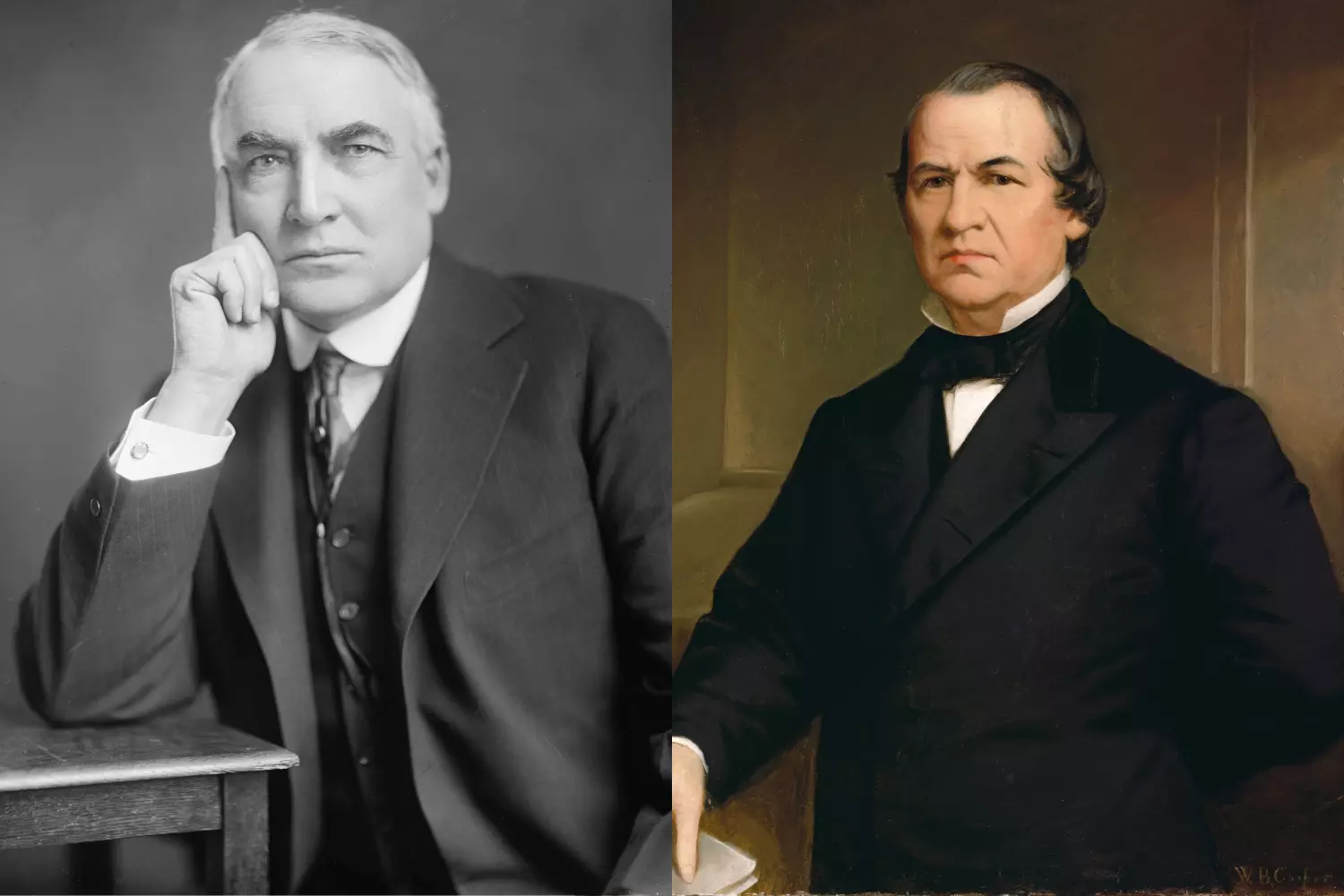
American presidents have left an indelible mark on the history of the United States and the lives of millions around the world. Each of them — with their strengths and mistakes — became part of the complex mosaic that shapes the modern world we live in.
If you'd like to explore the history of the USA in greater depth, stroll through places connected with legendary figures, or even visit former presidential residences — American Butler can turn your curiosity into a real journey.
Discover America from a new perspective — cultural, political, and personal. We organize tours across the USA, assist with itinerary planning, flights, and accommodation bookings.
Contact us — and watch history come alive against the backdrop of real American landscapes.
American Butler — your guide to the real America.














